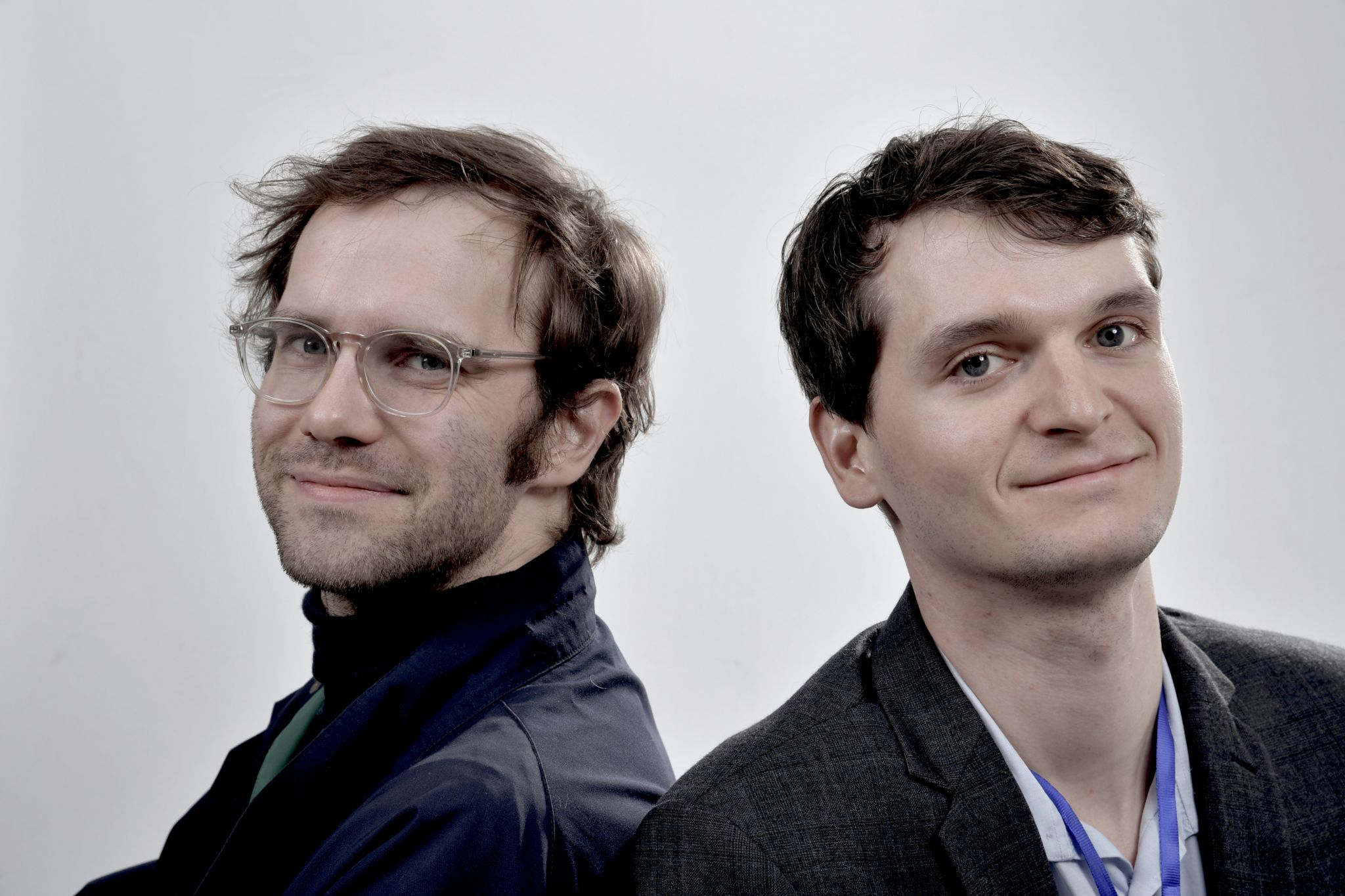Raidium Secures €16 Million to Advance Radiology Foundation Model
Raidium, a french start-up building a radiology-focused artificial intelligence, has raised €16 million in seed funding co-led by Newfund and Kurma Partners, with additional support from investors including the European Innovation Council (EIC). The funding will help develop Raidium’s multimodal foundation model for medical imaging and expand its applications in clinical and research settings.
Radiologists face increasing pressure and burnout as the demand for medical imaging continues to rise. Raidium CEO Dr. Paul Hérent highlighted the challenge, writing that there are more examinations and growing complexity in radiology, yet radiologists are too few and take around 10 years to train. This imbalance impacts patient outcomes and radiologists’ lives.
See also: 19 Companies Pioneering AI Foundation Models in Pharma and Biotech
Radiology plays a big role in early cancer detection, with CT scans enabling a 95% five-year survival rate for lung cancer diagnosed at stage Ia. In contrast, late-stage diagnoses, which occur in 75% of cases without screening programs, result in a much lower five-year survival rate of 16%.
Raidium’s solution is not about replacing radiologists but empowering them. Inspired by advancements in foundation models like GPT-3 and DALL-E, Raidium aims to create a "co-pilot" for radiology—an AI tool that enhances efficiency and precision without automating decision-making.

Founders Paul Hérent and Pierre Manceron
Founded in 2022 by radiologist Dr. Paul Hérent and data scientist Pierre Manceron—both former members of the AI-powered biotech company Owkin—Raidium is training its foundation model on a proprietary dataset of one billion real-world medical images. Integrated into a dashboard, the model can assist radiologists by analyzing full-body scans, identifying regions of interest, and generating reports. This capability is particularly useful for complex cases, such as metastatic cancer and liver diseases like NASH.
According to Raidium, the system is 2,500 times faster than manual analysis for certain tasks. Additionally, its multimodal approach—combining image and text data—makes it scalable for biomarker discovery and clinical research.
Applications, Partnerships, Next Steps
Raidium’s model is designed to support radiologists across a range of imaging tasks and also acts as a tool for biomarker discovery. Initial collaborations include academic partnerships with AP-HP and the North Imaging Center in Île-de-France. The company has also signed contracts with pharmaceutical companies and participated in Amgen’s BioLabs Hôtel-Dieu program, where it received a Golden Ticket in 2023 for its contributions to precision imaging in drug development.
With the newly secured funding, Raidium plans to double its team size by 2025, expand operations to the United States, and pursue FDA approval in the U.S. and CE certification in Europe.
Raidium plans to showcase its solution at the Radiological Society of North America (RSNA) Congress in Chicago from December 1 to 5, 2024.
Topics: AI & Digital